6 career defining records of Yes's Alan White
Prog rock hero picks his finest
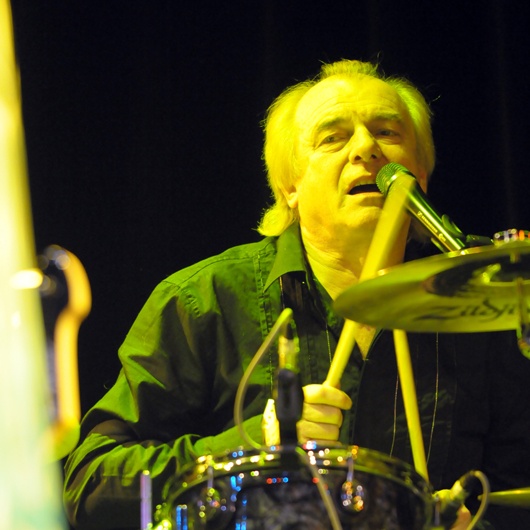
Alan White
While Alan White was sharing his dos and don’ts for drummers with MusicRadar, he also took time out to talk to our friends at Rhythm Magazine about the records which have most defined his career behind the kit.
From backing prog-rockers Yes, to accidentally hanging up on John Lennon, here are the six career-defining records of Alan White, as chosen by the man himself.
Next page: a phone call from John Lennon… no, really
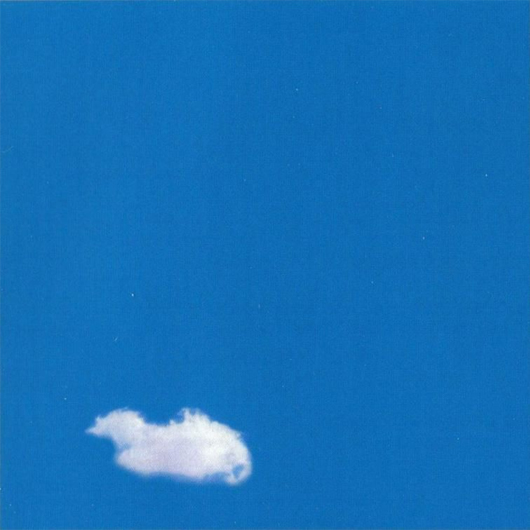
Live Peace In Toronto 1969 (1969)
20-year-old Alan was playing London clubs when he received a call from John Lennon. Naturally, he put the phone down…
“I thought it was a friend playing around! But he called back and said, ‘I saw you playing last night, and you’re perfect for my new band. I’ll send a car and meet you at London airport tomorrow’.”
“We rehearsed on the plane - me playing sticks on the back of the seat and Eric Clapton playing acoustic guitar. Then it was straight from the plane to the show: 25,000 people in a football field with a kit I’d never played before. There was no time to think!”
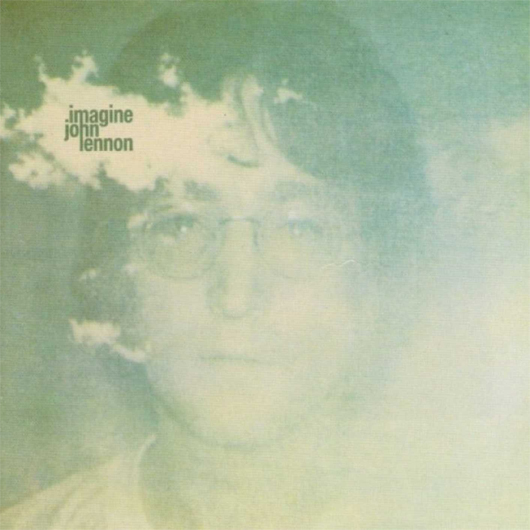
Imagine (1971)
After playing on Lennon’s hit, Instant Karma, Alan returned to the studio to share drum duties with Jim Keltner on John’s solo masterpiece, including the iconic title track.
“John gave me pretty much free reign in the studio. Whatever I did, he never told me, ‘don’t do that.’ He always said, ‘Whatever you’re doing, keep doing it! I played vibraphone on Jealous Guy and piano on some tracks.”
“Before we made the album, John gave us the lyrics to every song. He wanted everyone involved to know what every song meant.”
“It was such a great experience for me. At the time I was very young and thought it was just what happened, but it is something you look back on and think, ‘Wow, that was a piece of history’. I really was so lucky.”
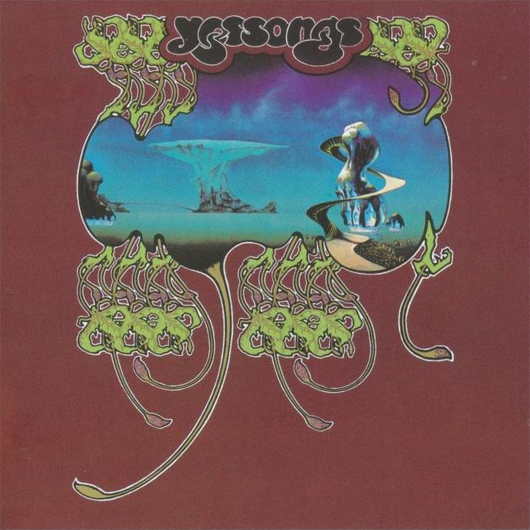
Yessongs (1973)
Stepping into Bill Bruford’s shoes, Alan made his Yes debut on this triple-disc live set. It was a memorable case of being thrown in at the deep end.
“They said, ‘Oh, by the way, we’ve got a gig on Monday in Dallas, Texas.’ So I had three days to learn all the material. We had one rehearsal and the rest of the time I spent practising at home, listening to the records and trying to figure it all out.”
“I thought it was a little unfair, actually, that they were recording a live album on my first tour, and playing such complex stuff. But, funnily enough, that first night, in front of 10,000 people, I made very few mistakes.”
“I think they wanted to get a more funky, r’n’b feeling into the music, and that’s where I fitted in.”
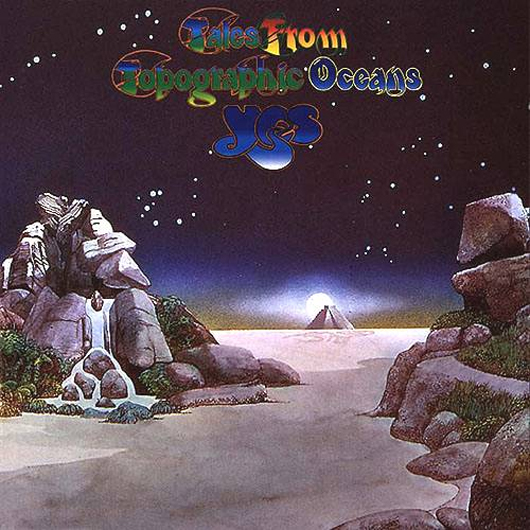
Tales From Topographic Oceans (1974)
This chart-topping double album was Alan’s first studio work with Yes, and gave him the chance to make his mark... and teach the rest of the band to drum.
“We spent an awful long time making this album, over nine months. Musically, it was an adventure into new things, and completely different to anything I had done before.”
“We came up with a lot of diverse rhythms: a bit ethnic at one point, then back to rock‘n’roll, jazz sections and orchestral influences. On Ritual the idea was to take the melody and only play it with drums at the end.”
“Chris Squire (bassist) was playing timpani, Jon Anderson (vocalist) had a cocktail kit... I played a regular kit and taught them all how to play the melody. It became very tribal.”
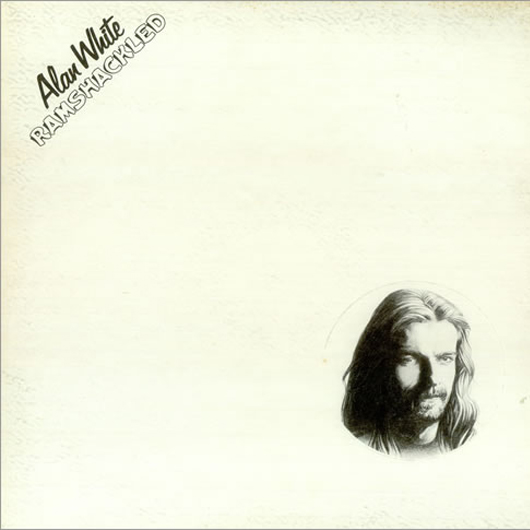
Ramshackled (1976)
As Rick Wakeman temporarily left Yes to pursue a solo career, so the other members of the band all released solo albums, including Alan.
“Most of the material was from a band I had on the side just prior to joining Yes. We did very little gig wise. We never even had a name. It was just a bunch of guys who got ourselves together in a house in the country, playing every day.”
“I’d go into town and earn a bunch of money doing sessions, and cook big pots of stew to keep everybody alive just so we could make our own kind of music. It was an interesting period, but it set me up drum-wise so I could handle things like Yes music.”
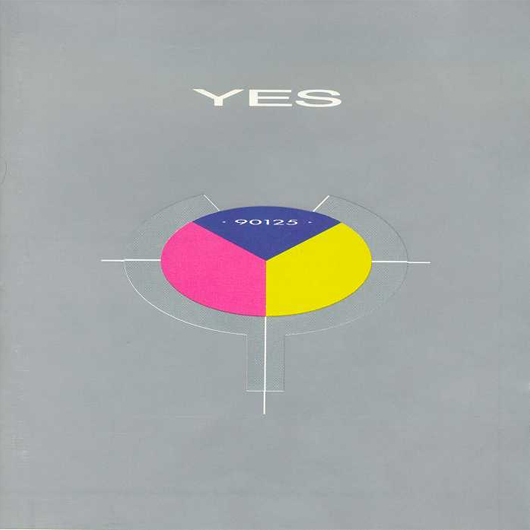
90125 (1983)
With 90125, Alan and founder/bassist Chris Squire reformed the band once more and scored the hit Owner Of A Lonely Heart.
“Jon and Rick Wakeman had gone on their merry way; Steve Howe was talking about doing something with Asia; so Chris and myself went, ‘Okay...’ – then Atlantic introduced us to guitarist Trevor Rabin.”
“We played some music and decided to make an album. We rehearsed for nine months then started recording with Trevor Horn. Then Jon heard a few of the tracks and wanted to sing on them, and there was nothing we could call ourselves but Yes. So we carried on again.”
“Tonight is for Clem and it’s for friendship. An amazing man and a friend of the lads”: Sex Pistols dedicate Sydney show to Clem Burke
“Almost a lifetime ago, a few Burnage lads got together and created something special. Something that time can’t out date”: Original Oasis drummer Tony McCarroll pens a wistful message out to his old bandmates
“Tonight is for Clem and it’s for friendship. An amazing man and a friend of the lads”: Sex Pistols dedicate Sydney show to Clem Burke
“Almost a lifetime ago, a few Burnage lads got together and created something special. Something that time can’t out date”: Original Oasis drummer Tony McCarroll pens a wistful message out to his old bandmates









